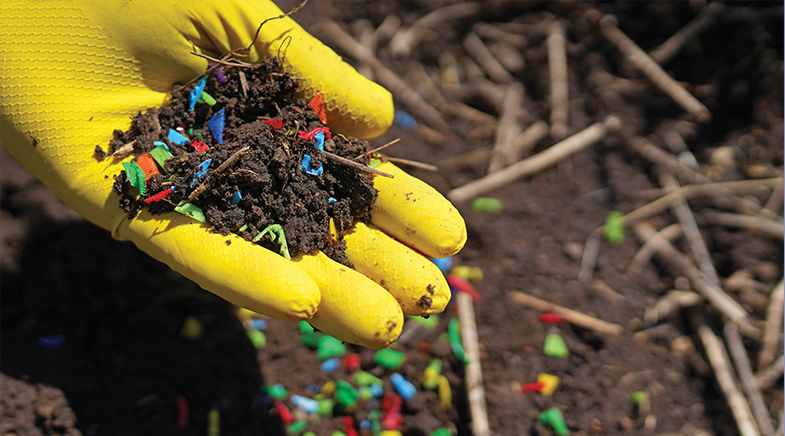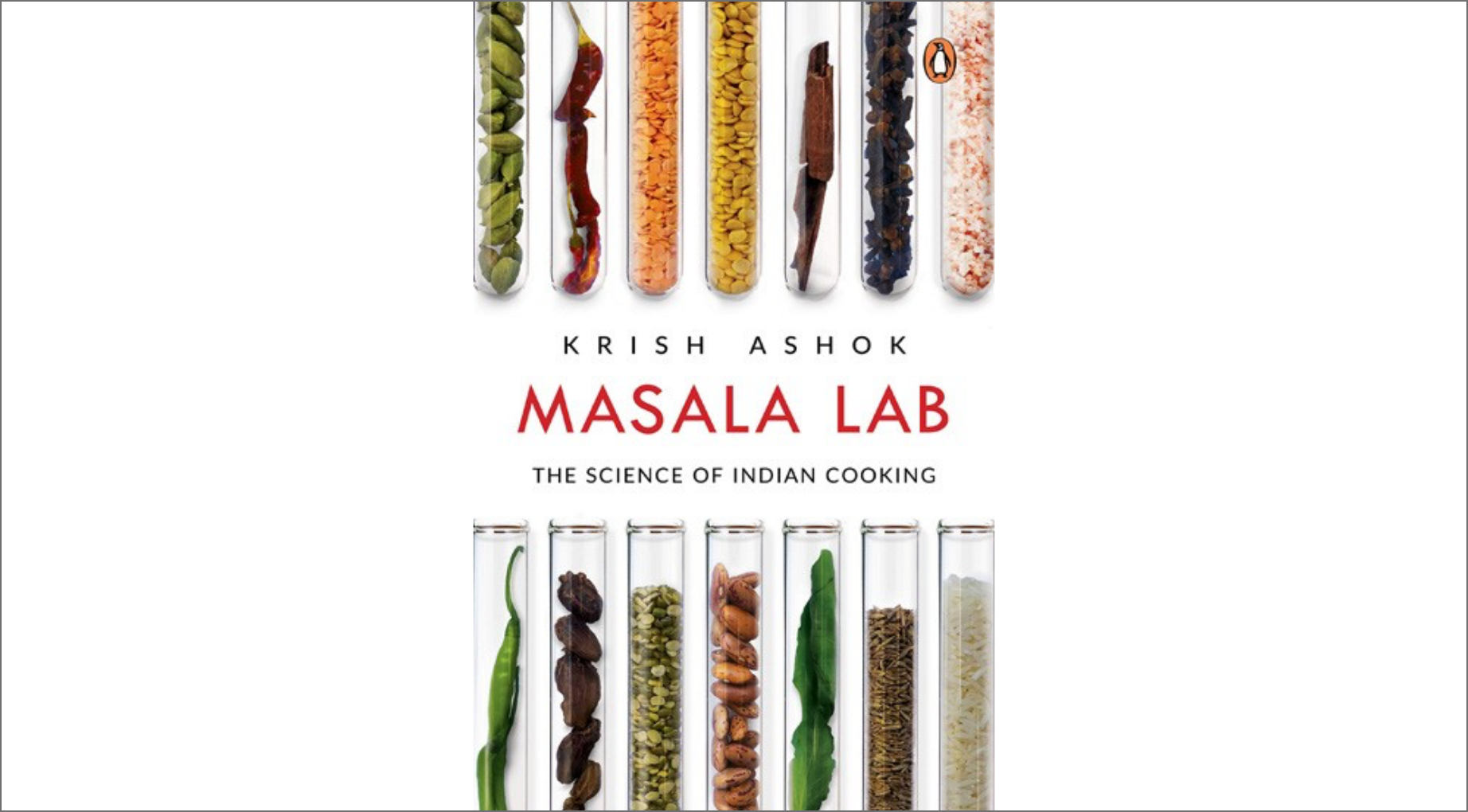Lest we forget...
-
- from Shaastra :: vol 02 issue 02 :: Mar - Apr 2023

A fascinating, anecdote-rich primer on the mechanics of memory.
The fanciest of storage devices has a finite memory capacity, even if it extends to gigabytes, terabytes, yottabytes or yobibyte. Not so the human mind, it appears. "... No one has ever demonstrated a capacity limitation on material stored in our long-term memory,'' say two leading cognitive psychologists, Fergus Craik and Larry Jacoby, in their book, Memory. The book is offered as a "short, accessible primer on human memory'', but it is pretty much a deep dive into the fascinating universe of remembrance and forgetfulness.
In simple terms, the creation and cataloguing of memory works somewhat like this: The brain compiles inputs — visual, auditory, olfactory and tactile — and processes them as memory. This is initially stored in an accessible shelf of the workroom, and is therefore called the working memory. Working memory replaces the previous, evocative term – short-term memory, the loss of which gave us endearing characters like Dory (in Finding Nemo) and avenging protagonists like Ghajini in the eponymous 2008 thriller. This 'working memory' is easily accessible, but has a short shelf life. It needs to be processed and stacked away into some recess of the brain, from where it can be pulled out – wilfully or involuntarily.
GOOD MEMORIES & BAD
How good this memory is depends on the quality of the material with which it was created. The more detailed the inputs, the more elaborate is the memory created. Just as good grapes make for good wines. That lurch into the world of Bacchanalia isn't unintended: a bit of wine, or any alcohol, is good for memory. As the authors say: "moderate alcohol consumption raises levels of healthy, high-density lipoprotein cholesterol. Alcohol also lowers our cells' resistance to insulin, allowing it to lower blood sugar more effectively.'' In other words, in moderate doses, alcohol keeps dementia at bay. Of course, the connoisseur would also say that alcohol helps makes memories memorable...

Strikingly, once a fact is recorded in memory, it is there forever. Which may explain how a whiff of lavender talc can transport you back to your grandmother's home. But if that's the case, why do we 'forget'? Turns out that the memory is floating in there somewhere, but the retrieval process has gone awry. Perhaps because the memory wasn't 'created properly', with due attention and mindfulness. More severe cases of amnesia may be correlated with damage in portions of the brain: the frontal lobe is the main memory-keeper, but finer processing is also done in other areas of the brain, including the hippocampus.
Memory is dynamic: it strengthens and fails, and it can also be contaminated.
Despite the book's text-book cadence, it comes to life with anecdotes. There's the story of an amnesiac who laughed at a joke the first time, but found nothing funny in the retelling the next day. Clearly, while the person had forgotten he'd heard the joke, some part of the brain had processed it into memory, so the punchline fell flat. Another amnesiac couldn't remember shaking hands with the researcher, and so one day the researcher, with a pin concealed in his hand, pricked the patient. The next time, the patient refused to shake hands; she still did not remember the researcher from the previous occasion, but retained a memory of the prickly interaction.
But an exceedingly good memory can sometimes be a curse. The authors cite the example of a Russian reporter who had such a good memory that he never took notes. But his incapacity to forget anything was disruptive to his life, and he died an alcoholic.
On occasion, emotions also impact the creation of a memory. A reputed Australian psychologist was once shockingly charged with rape based on the victim's description of his facial features. But he was absolved because he had a perfect alibi: at the time of the rape, he had been on a live television programme – along with the chief of police! The woman had been watching the programme just before she was assaulted, and had implanted her recollection of the psychologist's face onto her assailant's, thereby creating a false memory!
USE IT OR LOSE IT
Memory, the authors tell us, is dynamic: it strengthens and fails, and can also be contaminated. Happy times make us recall happy memories; when we are sad, we remember sad moments from the past. Inversely, a happy memory can uplift our current emotional state.
Today, of course, we have many memory props. Search engines obviate the need for us to store as much information in our memory cache. And digital devices serve up prompts about upcoming events. Does all this mean we are losing our ability to remember? Not really, say the authors: the memory-making and retrieval process is still intact. But we need to remember to use it more.
Have a
story idea?
Tell us.
Do you have a recent research paper or an idea for a science/technology-themed article that you'd like to tell us about?
GET IN TOUCH














